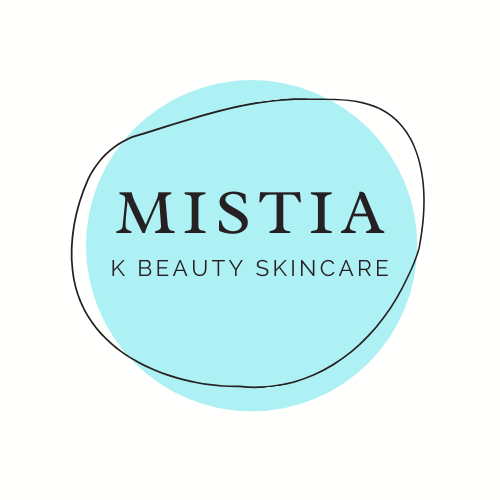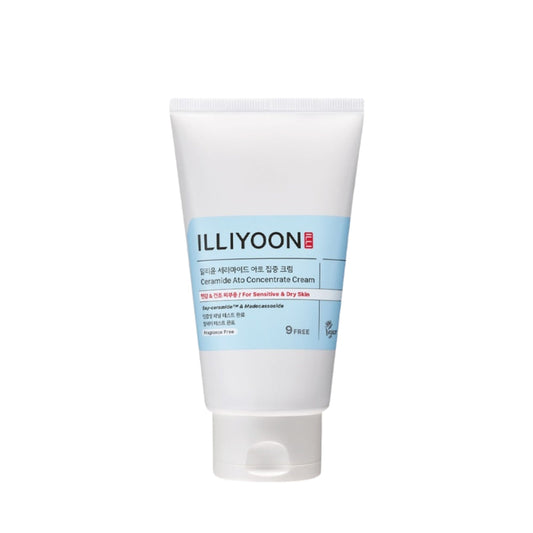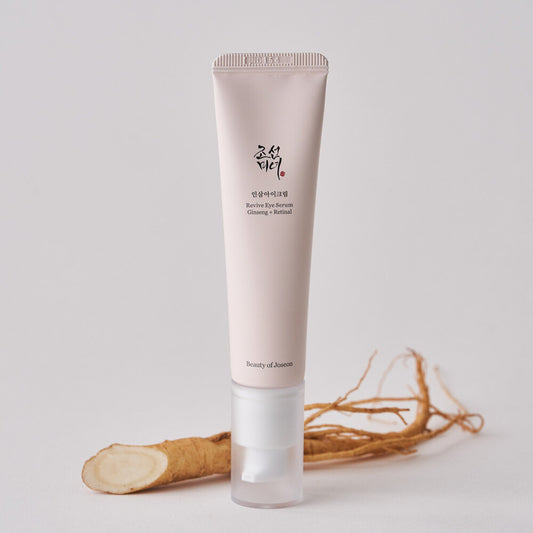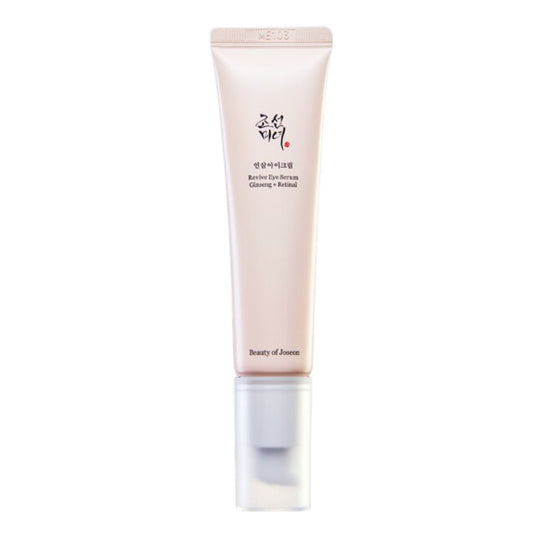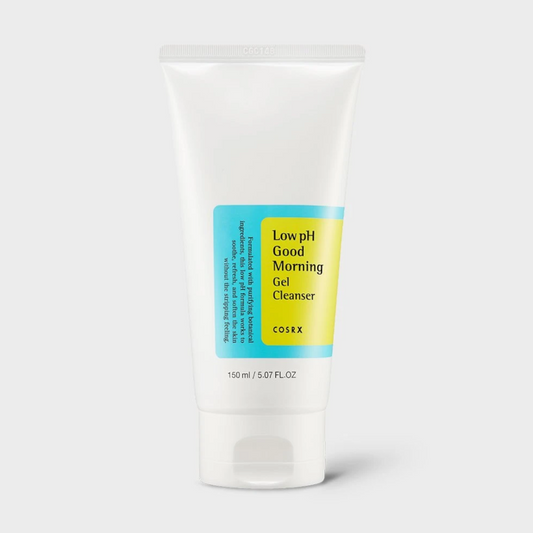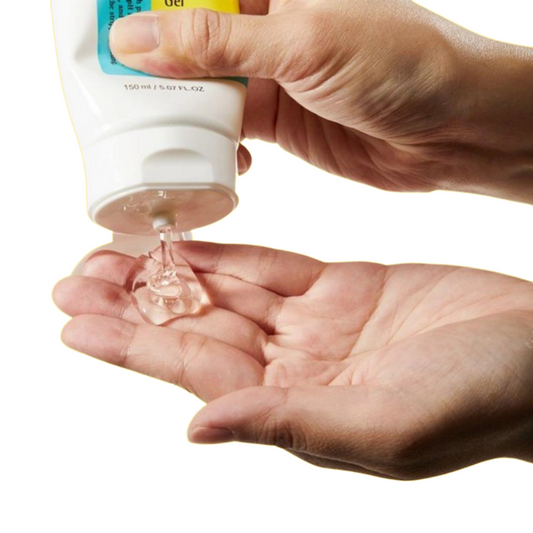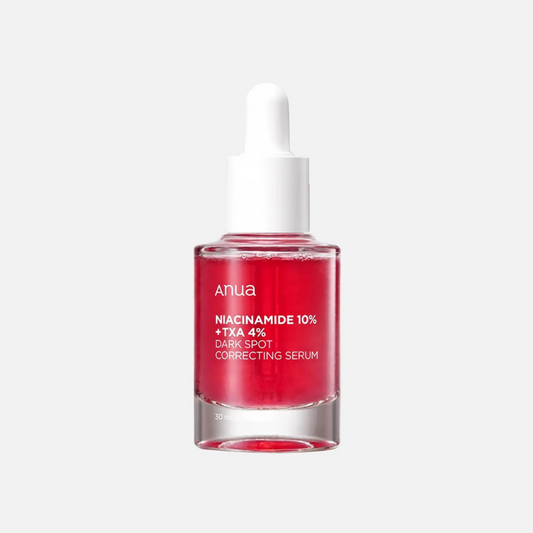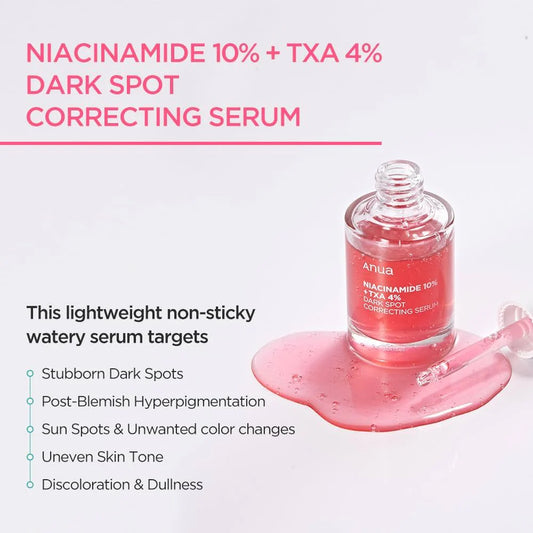
10 Collagen-Rich Foods for Your Skin
Share
Collagen is frequently referenced in the world of skincare, but did you know that it’s something that’s naturally present in our bodies? It’s the most abundant protein in the body, present in our skin, bone, muscles, and plays an important role in maintaining skin elasticity.
Unfortunately, our body produces less and less collagen as we age, and though the aging process differs from person to person, it’s nonetheless in our best interest to start looking for collagen-rich products sooner rather than later.
Of course, there are a number of skincare products that claim to boost your body’s collagen production. But your first line of defense is actually available at your local grocery store. That’s right: there are many different types of food that are chock full of collagen, likely less expensive than a jar of collagen-boosting cream from your favourite brand.
Here are some of our favourite foods that aid in collagen production that you should be eating.
Chicken

Did you know that a number of collagen supplements are derived from chicken? That’s because chicken is actually full of collagen thanks to poultry’s copious amounts of connective tissue, making it a rich source of dietary collagen. It provides structure, hydration, and elasticity, helping to maintain a youthful appearance.
By consuming collagen-rich foods like chicken, you can support your body's natural collagen production. While the body breaks down collagen from food into amino acids, these building blocks are essential for new collagen synthesis. Over time, incorporating chicken into your diet may contribute to improved skin hydration, reduced wrinkles, and increased skin firmness.
Bone Broth

Bone broth has taken the health world by storm. Made from bones and connective tissue, it's a powerhouse of nutrients including magnesium, phosphorus, calcium, glucosamine, chondroitin, and more.
But what truly makes bone broth a skincare secret is its high collagen content. Collagen is the protein that gives skin its elasticity, firmness, and hydration. As we age, collagen production naturally declines, leading to wrinkles and sagging skin.
By consuming bone broth, you're providing your body with the building blocks it needs to produce collagen. Additionally, the amino acids in bone broth, like glycine and proline, play a crucial role in collagen synthesis and skin repair. These nutrients work together to improve skin hydration, reduce the appearance of fine lines, and enhance overall skin texture.
So, while bone broth might not work miracles overnight, incorporating it into your diet can certainly contribute to a healthier, more radiant complexion over time.
Fish

According to some studies, marine collagen is one of the most easily absorbed types of collagen out there. Fish and shellfish have bones and ligaments that are made of collagen, which means that it’s not the body, or “meat” of the fish that contains the most collagen, but parts like the head, scales, or eyeballs. We get that those may not be the parts that you’re most interested in, so you might be happy to know that fish skin is also a source of collagen peptides. Next time you cook a salmon filet, keep the skin on!
Oysters

We know oysters can be off-putting to some, but for those who love a fresh oyster: great news! Oysters are a nutritional powerhouse, packed with essential minerals like zinc and copper. While not a direct source of collagen itself, oysters play a crucial role in supporting your body's collagen production.
Copper is a key player in the synthesis of collagen, the protein responsible for skin's elasticity and firmness. It acts as a co-factor for the enzymes involved in collagen production. By consuming oysters, you provide your body with a concentrated dose of copper, helping to optimize collagen formation.
Additionally, oysters contain zinc, another mineral essential for skin health. Zinc supports collagen repair and regeneration, helping to maintain skin's youthful appearance. Together, the copper and zinc in oysters create a potent combination for boosting skin health from within.
So, while the texture might not be for everyone, the potential skin benefits of oysters are undeniable.
Eggs

Eggs are one of the most versatile foods, great scrambled, fried, or boiled. Beyond their delicious taste, they offer a significant boost to your skin health.
Egg yolks contain collagen, a protein essential for skin elasticity and firmness. While the amount of collagen in egg yolks is relatively small, it still contributes to your overall collagen intake.
Egg whites are where the real magic happens. Packed with amino acids, the building blocks of protein, they support your body's natural collagen production. These amino acids help to repair and regenerate skin tissue, leading to a more youthful and radiant complexion.
Additionally, eggs are rich in other skin-beneficial nutrients. Biotin, for example, helps strengthen hair and nails, while vitamin D supports skin cell growth and repair.
So, next time you enjoy a delicious omelet or poached egg, remember that you're not just nourishing your body but also giving your skin a healthy boost.
Leafy Greens

You were always told to eat your greens. As it turns out, your parents were right all along. Dark, leafy greens, such as kale, spinach, and collard greens are packed with vitamin C. In addition to that, the chlorophyll present in these greens may help increase the amount of pre-collagen, the precursor to collagen.
Bell Peppers

Did you know that bell peppers are packed with vitamin C? This essential nutrient is a cornerstone in collagen synthesis, the process that gives your skin its elasticity and firmness. By incorporating bell peppers into your diet, you’re providing your body with the raw materials it needs to produce collagen.
Red bell peppers are particularly beneficial for skin health. As they're mature green bell peppers, their vitamin C content is even higher. This increased vitamin C intake can help boost collagen production, reduce the appearance of fine lines and wrinkles, and improve overall skin tone.
Beyond collagen, bell peppers offer additional skin benefits. The antioxidants found in these vibrant vegetables help protect your skin from damage caused by free radicals, which can accelerate aging. So, whether you enjoy them raw in salads, roasted as a side dish, or stuffed with your favorite fillings, bell peppers are a delicious way to nourish your skin from within.
Tomatoes

Like bell peppers, tomatoes contain a lot of vitamin C. This essential nutrient is a key player in collagen synthesis, the process that gives your skin its youthful bounce and firmness. By enjoying tomatoes regularly, you're providing your body with a steady supply of vitamin C to support collagen production.
But the benefits of tomatoes don't stop there. They also boast a healthy dose of lycopene, a powerful antioxidant that acts as a natural sunscreen for your skin. Lycopene helps protect your skin from the damaging effects of the sun, including sunburn, premature aging, and collagen breakdown. This dynamic duo of vitamin C and lycopene gives tomatoes a serious edge when it comes to skin health.
So, whether you're adding slices to a salad, blending them into a refreshing gazpacho, or simply enjoying a juicy tomato on its own, you're doing your skin a favor.
Plus, who can say no to a perfectly ripe, juicy tomato?
Berries

You may know berries for their antioxidant properties—which help to protect the skin from UV ray damage—but they’re also packed with vitamin C. This essential nutrient is crucial for collagen synthesis, the process that gives your skin its elasticity and firmness.
Whether you prefer the sweetness of strawberries, the tartness of raspberries, the deep blue hue of blueberries, or the richness of blackberries, you're indulging in a skin-friendly treat. These vibrant fruits work together to provide your body with the necessary tools to build and maintain healthy collagen.
Berries not in season yet? Frozen berries are just as nutritious as the berries are frozen at their peak ripeness; some studies even suggest that frozen berries can help boost the fruit’s antioxidant properties. So, don't let seasonal limitations stop you from enjoying the skin benefits of these delicious fruits.
By incorporating berries into your diet, you’re not only satisfying your sweet tooth but also investing in a healthier, more radiant complexion.
Legumes

Legumes, including lima beans, chickpeas, black beans, green peas, and peanuts, are chock full of minerals and proteins that aid in the production of collagen. These humble plants are often overlooked when it comes to skin health, but they pack a powerful punch.
While legumes don't contain collagen directly, they provide the essential building blocks for your body to produce it. Their rich protein content offers amino acids, the fundamental components of collagen. Additionally, legumes are excellent sources of minerals like zinc and copper, which are crucial for collagen synthesis and repair.
Chickpeas deserve a special mention due to their impressive vitamin C content. As we know, vitamin C is essential for collagen production. Incorporating chickpeas into your diet can therefore provide a dual benefit for your skin: the amino acids for collagen building and the vitamin C to facilitate the process.
So, next time you're planning a meal, consider adding a legume-based dish to your plate. Not only are they delicious and satisfying, but they also offer a significant boost to your skin health.
With so many different types of food offering nutrients, vitamins, and minerals that aid in collagen production, it’s easy to eat in the best interest of the structure and suppleness of your skin. Since many over-the-counter collagen supplements are unregulated, it may be safer to stick to a collagen-boosting diet instead.
Sources:
- https://www.cedars-sinai.org/blog/collagen-supplements.html
- https://www.healthline.com/health/beauty-skin-care/collagen-food-boost
- https://www.health.com/foods-high-in-collagen-7972020
- https://www.bcblueberry.com/bc-blueberry-council/news/could-frozen-blueberries-be-even-healthier-fresh-berries
- https://www.goodhousekeeping.com/health/diet-nutrition/g29486608/collagen-rich-foods/
